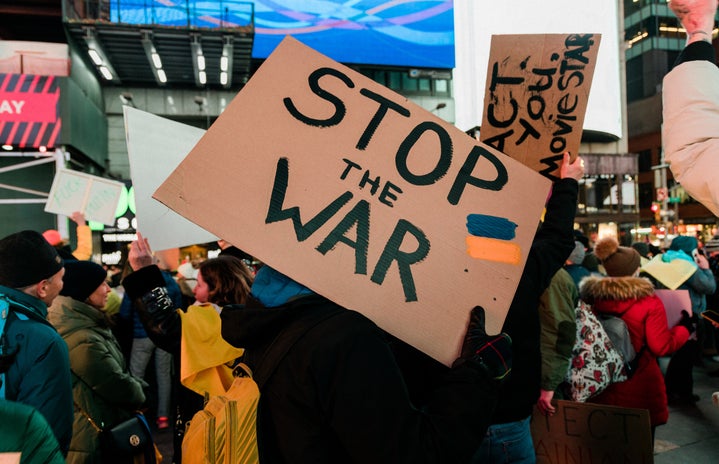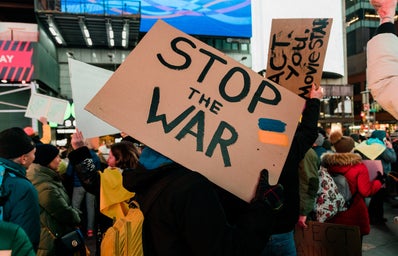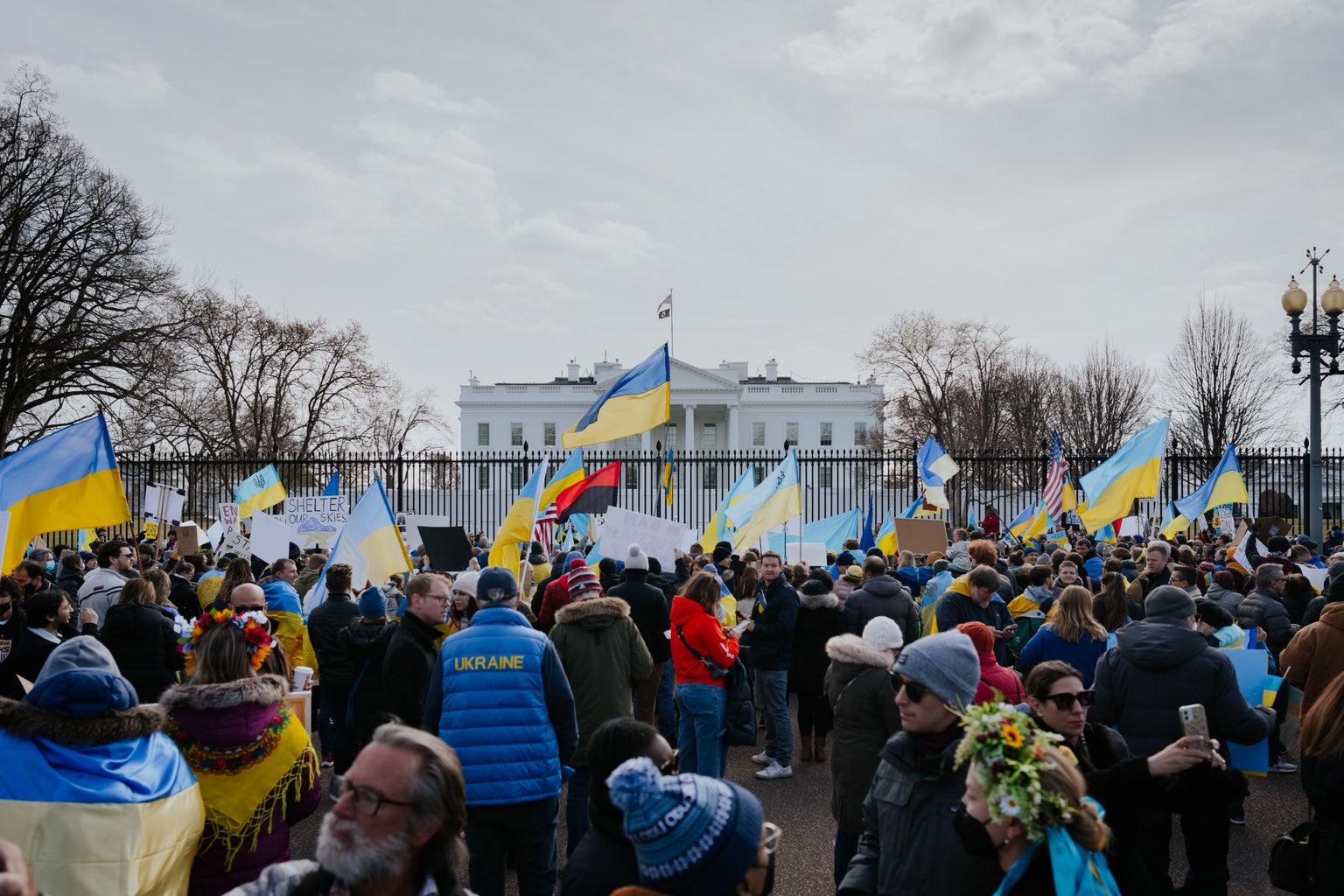On Feb. 24, Russia launched an invasion of Ukraine. Vladimir Putin, Russia’s president, launched the invasion after he announced that he recognizes the independence of two breakaway regions in eastern Ukraine. In response, many NATO countries have begun economic sanctions on Russia that are expected to continue to escalate.
However, within Ukraine, there is a hidden story of the many African students who are being discriminated against and ignored when it comes to fleeing the country. In Ukraine, there are over 16,000 foreign students from Nigeria, Egypt and Morocco. Recently, these students have started to share their experiences on social media platforms like Twitter, about various Ukraine officials keeping them from fleeing Ukraine to prioritize Ukrainians. Many students are being kept off trains, buses and other modes of transportation in order to allow more room for Ukrainians.
The United Nations, Secretary-General António Guterres specifically, is urging countries to accept refugees regardless of “race, religion or ethnicity.” However, despite this, videos on social media show Ukrainian officials appearing to threaten to shoot groups of African students and other people reporting that they are stranded in Ukraine.
One student, in particular, Alexander Somto Orah, explains the discriminatory treatment he and other students faced trying to get to Poland’s border. Orah’s story begins in the capital of Ukraine, Kyiv. At the train station, Orah and other students were told that the train was only for women and children. They continued to wait for the second train and were told the same thing, Orah and the other students began to speak up and ask why they were not taking any Black women and children and only white women and children. Eventually, Orah and other students were able to get on a train but were dragged out by police saying the train was for Ukrainians only. Once again, another train appeared; however, this time they were told that the train was not going to Poland, however after sending the train number to a friend who is Ukrainian, she informed them that the train was going to Poland. Luckily, they were able to board the train at the last second fighting against the officials trying to close the door on them.
After arriving in Lviv, a Ukrainian city that has a border with Poland, Orah and the other students were once again in a familiar push and pull of trying to board another train to get to Poland’s border. Eventually, Orah and the students decided to take a taxi instead to the border which brought them as close as possible before they had to walk.
Once arriving at the border, they were met with a barricade. After waiting for a day to gain access to the other side of the border, Orah and the other students started protesting against the officials yelling about the ratio between the number of African students versus Ukrainians being allowed to cross the border. The police responded by threatening to shoot, but Orah and the other students persisted and were able to break through the barricade and run across the border, with some students getting hit with batons by police.
Variations of Orah’s story have been told by many other African students throughout social media. It has gained enough attention for the African Union to call the treatment a “breach of international law” and several other African governments to condemn the racism Africans in Ukraine have faced. The Ukraine Foreign Affairs Ministry, Dmytro Kuleba, appeared to dismiss the testimonials of discrimination as Russian disinformation.
Want to see more HCFSU? Be sure to like us on Facebook and follow us on Instagram, Twitter, TikTok, YouTube and Pinterest!



